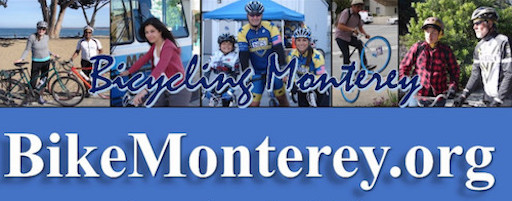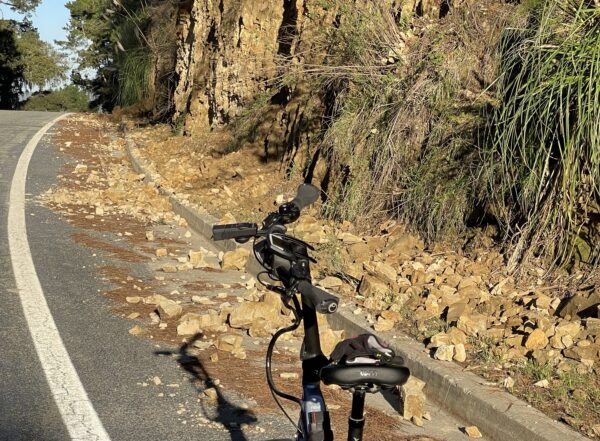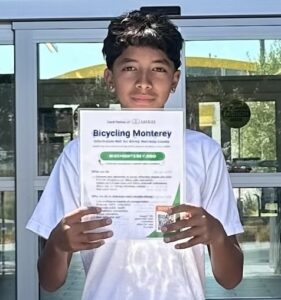Posted by Founder, Bicycling Monterey
Climate Change & Sustainable Business at the Sea Otter Classic Summit
A report from Amanda Preece
Amanda Preece is a local environmental and wildlife advocate and has worked for multiple conservation organizations in the Monterey Bay region over the last ten years. She is dedicated to finding regional solutions to climate change, which is having devastating effects on the wildlife and landscapes we all love. Riding her bike gives her a chance to reduce her carbon footprint, plus lets her see and appreciate the birds and plants that are finding ways to live in our urban habitat.
Wade Crowfoot, Secretary of Natural Resources for the State of California, was in Monterey April 6th, speaking on a panel at the Sea Otter Classic Summit. It was the first year of this executive leadership summit for the outdoor industry, launched just ahead of the 31st Sea Otter Classic bicycling event.
The panel session was entitled “Climate Change & Sustainable Business.” It was referred to as the first-ever panel exploring the outdoor recreation industry’s proactive role in shaping policy, reversing the scale of climate change, and creating an inclusive outdoors experience through public and private partnerships.
Representing Bicycling Monterey, prior to the panel I met with Secretary Crowfoot in a small press conference room with a few other local media personnel. He gave us a summary of the various projects that the California Department of Natural Resources is working on. These include adapting and mitigating the effects of climate change, protecting biodiversity, promoting and enacting the state’s 30×30 initiative, and increasing equitable access to the outdoors.
He emphasized that his team and the governor are working hard to put nature at the center of the solutions. And they have some serious funds to back it up: despite the pandemic, an unprecedented amount of one-time funds in at least the billions are available for the various departments within the Department of Natural Resources, including CA Fish and Wildlife, and State Parks.
I asked Secretary Crowfoot how us everyday sort of folks – the ones who don’t own land, don’t have funds for lobbying, or even the money to buy an electric vehicle – can make a difference. He said to be a conscious consumer and reduce your carbon footprint when travelling about town. He also advocated for political involvement at the local level.
The outdoor industry experts participating in the Climate Change & Sustainable Business panel with Secretary Crowfoot included Marc Berejka, who is REI’s community advocacy and impact director, and Vipe Desai, executive director of the Surf Industry Members Association. Each one emphasized the importance of acting on climate change, investing in sustainable practices at their organizations, and working with partners, whether local nonprofits or government, to help protect the environment, be it land or sea.
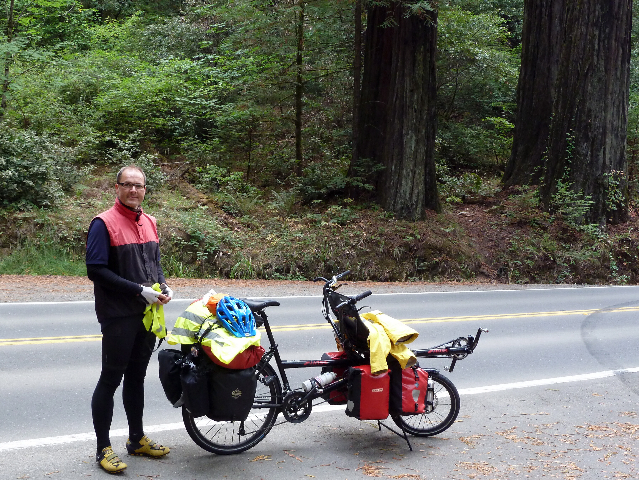
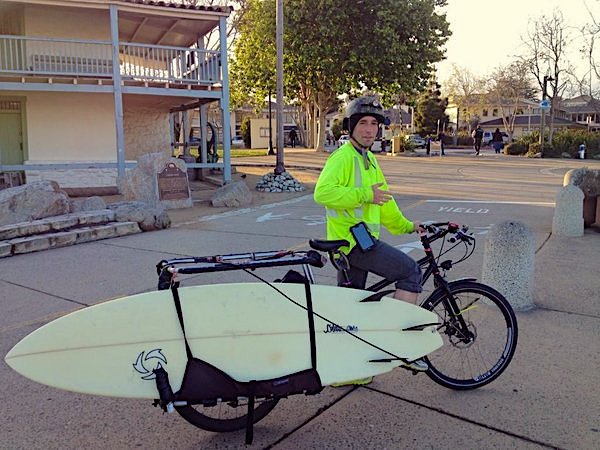
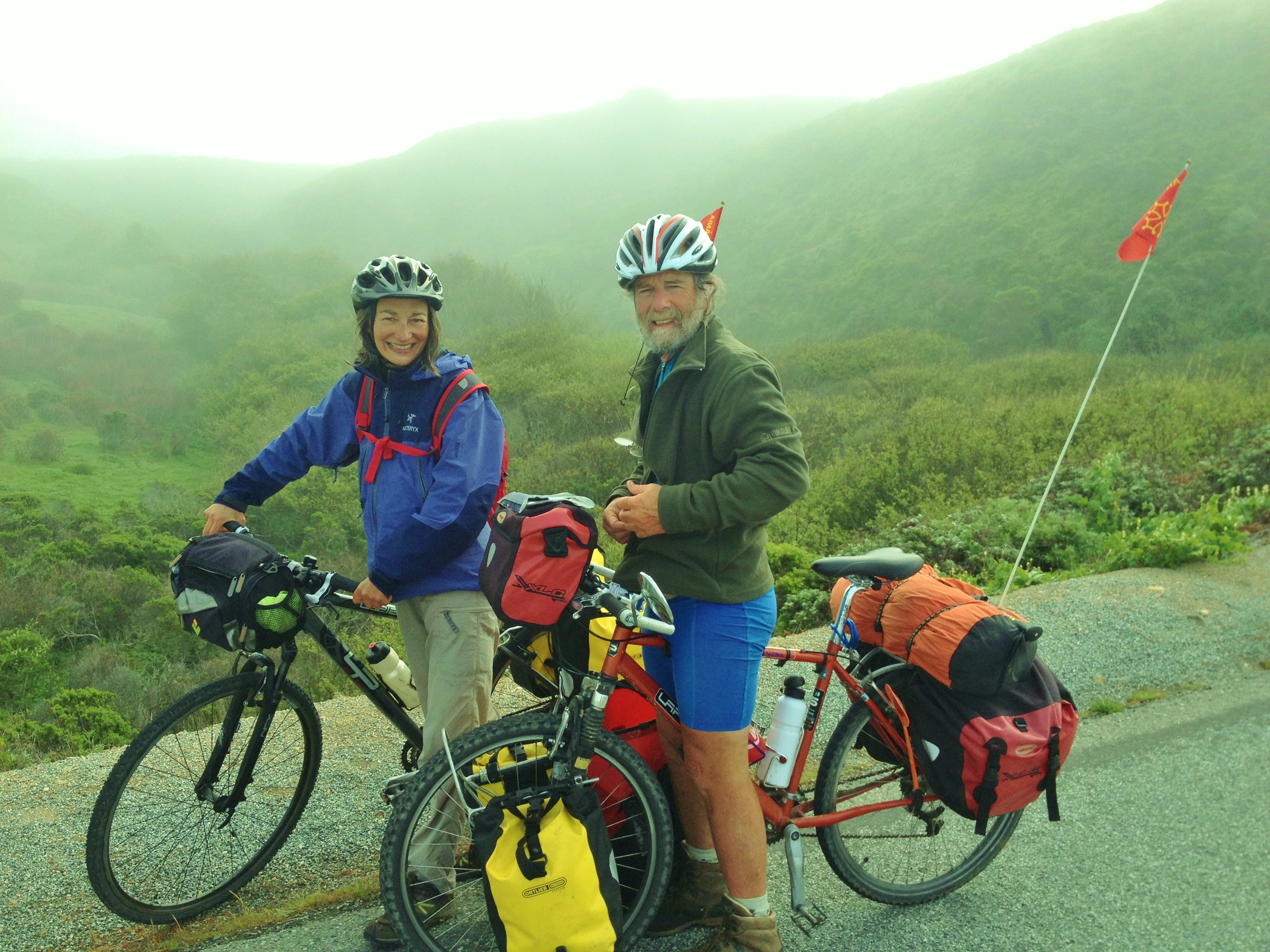
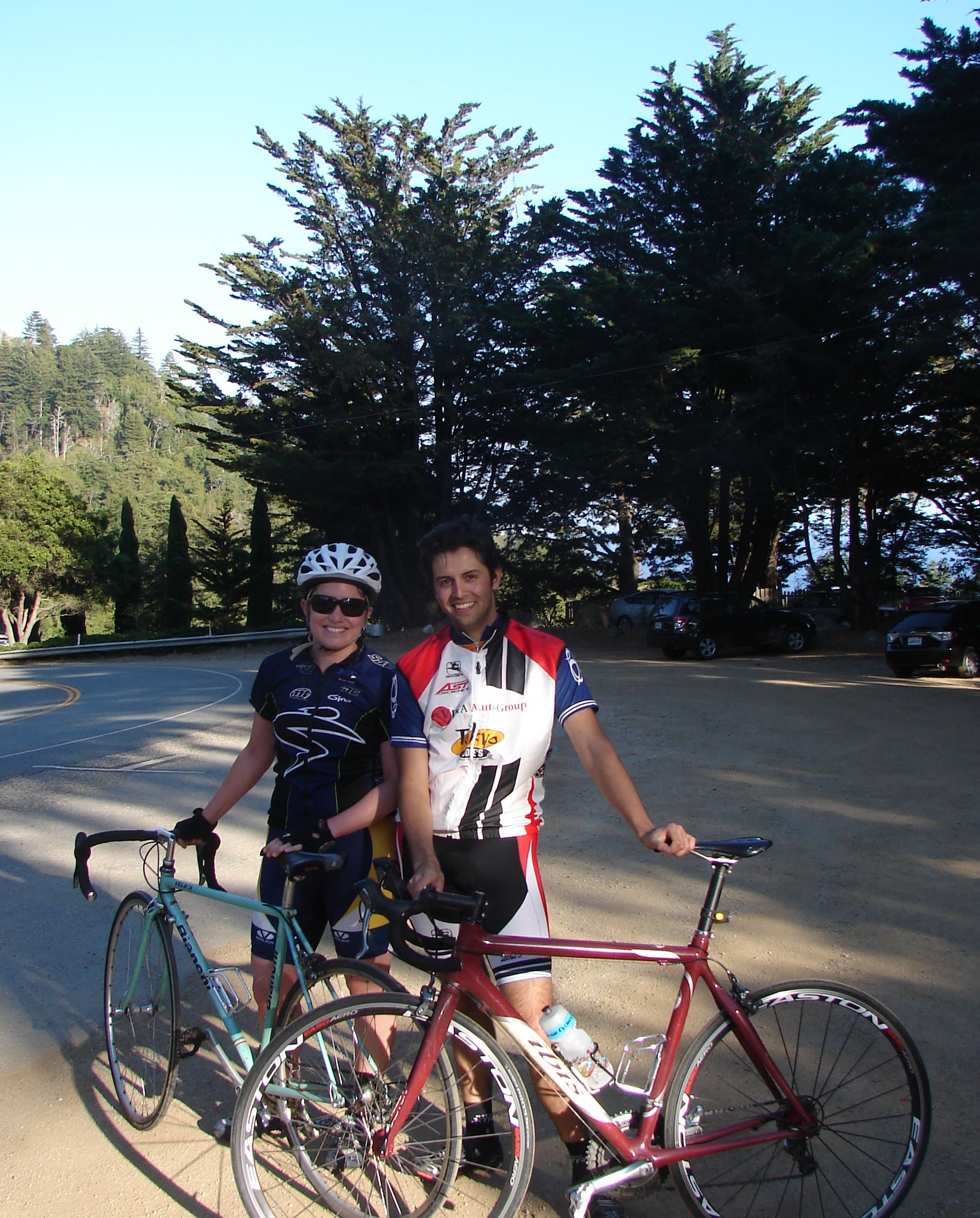
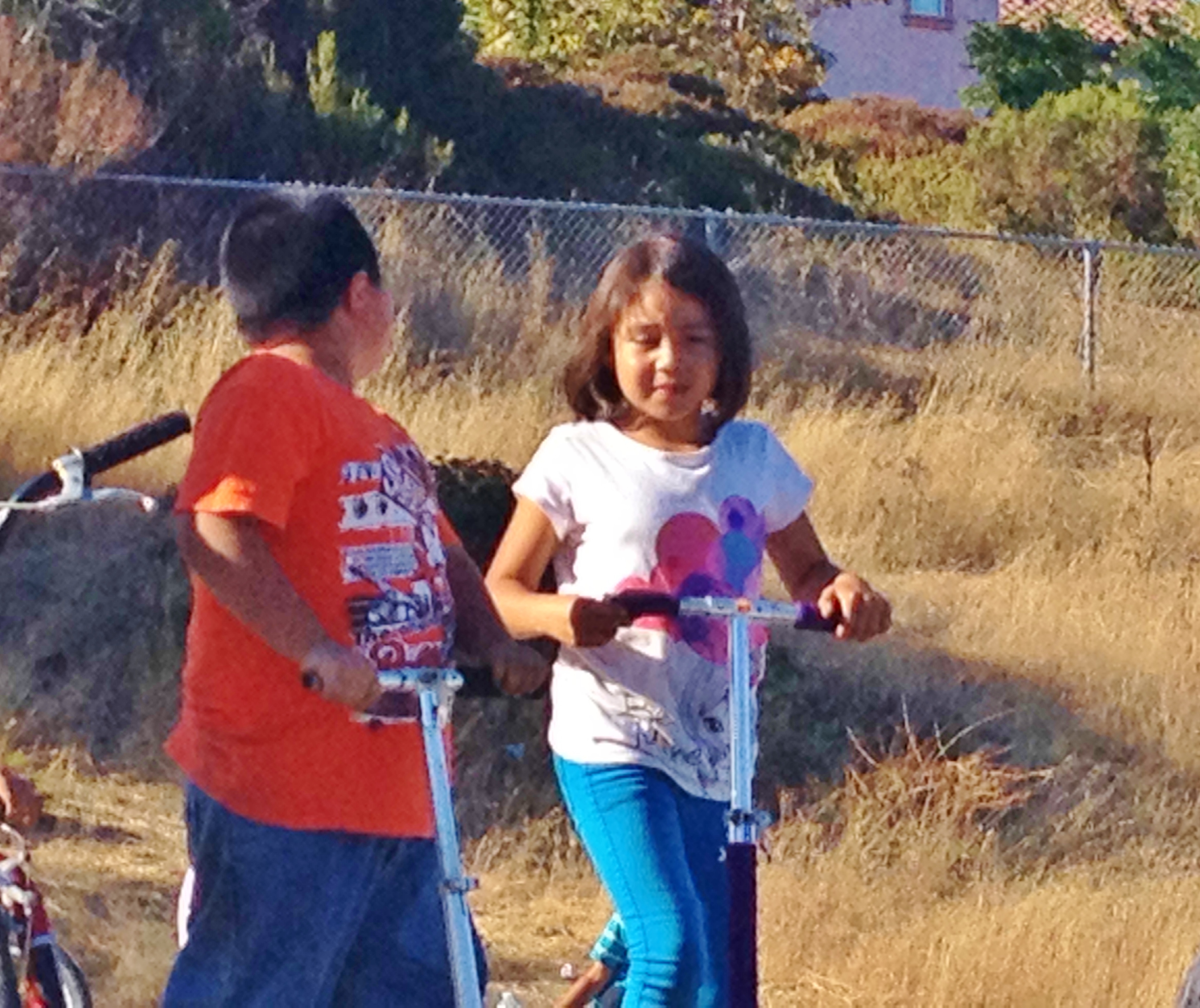
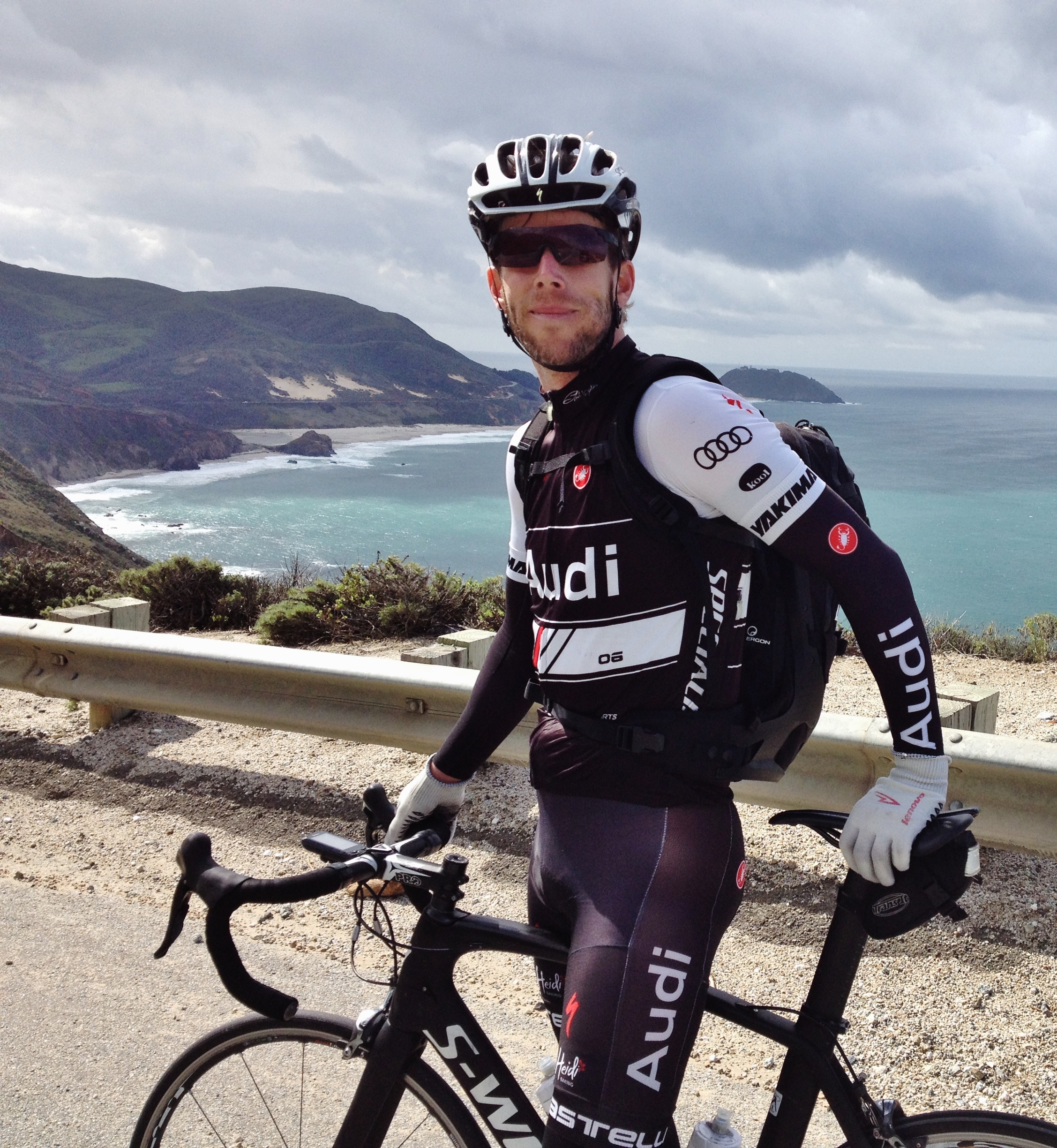
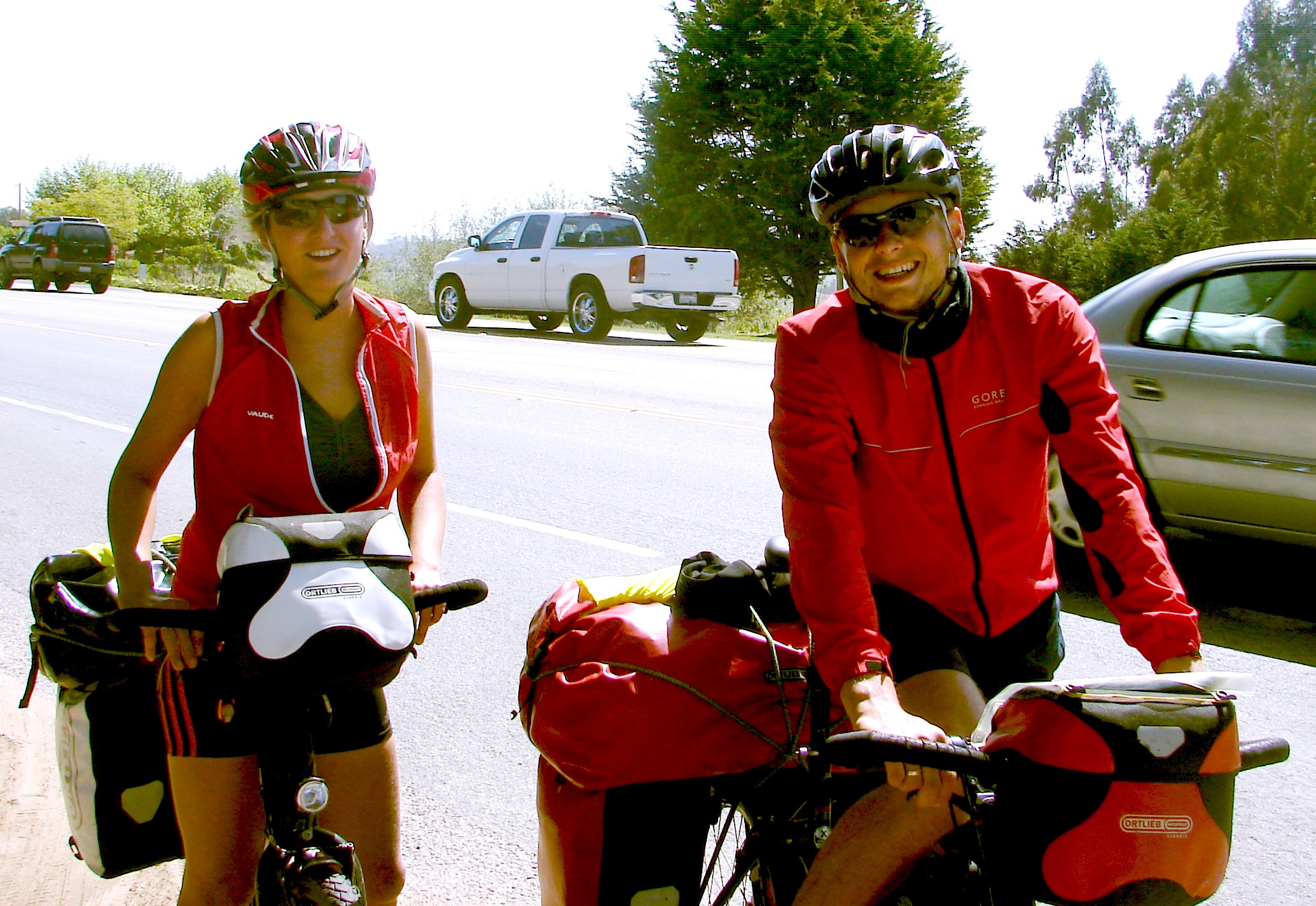
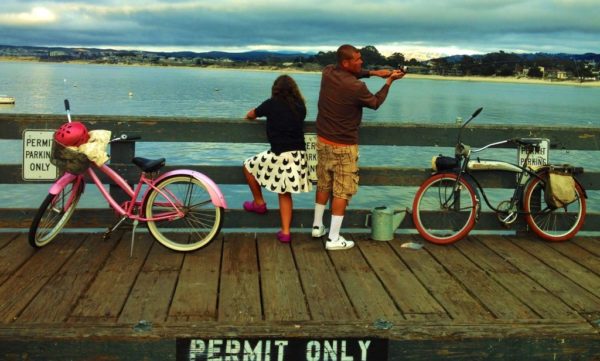
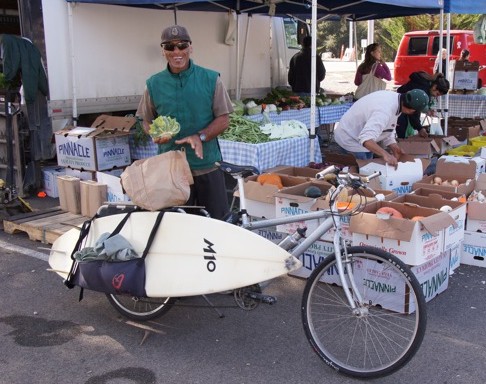
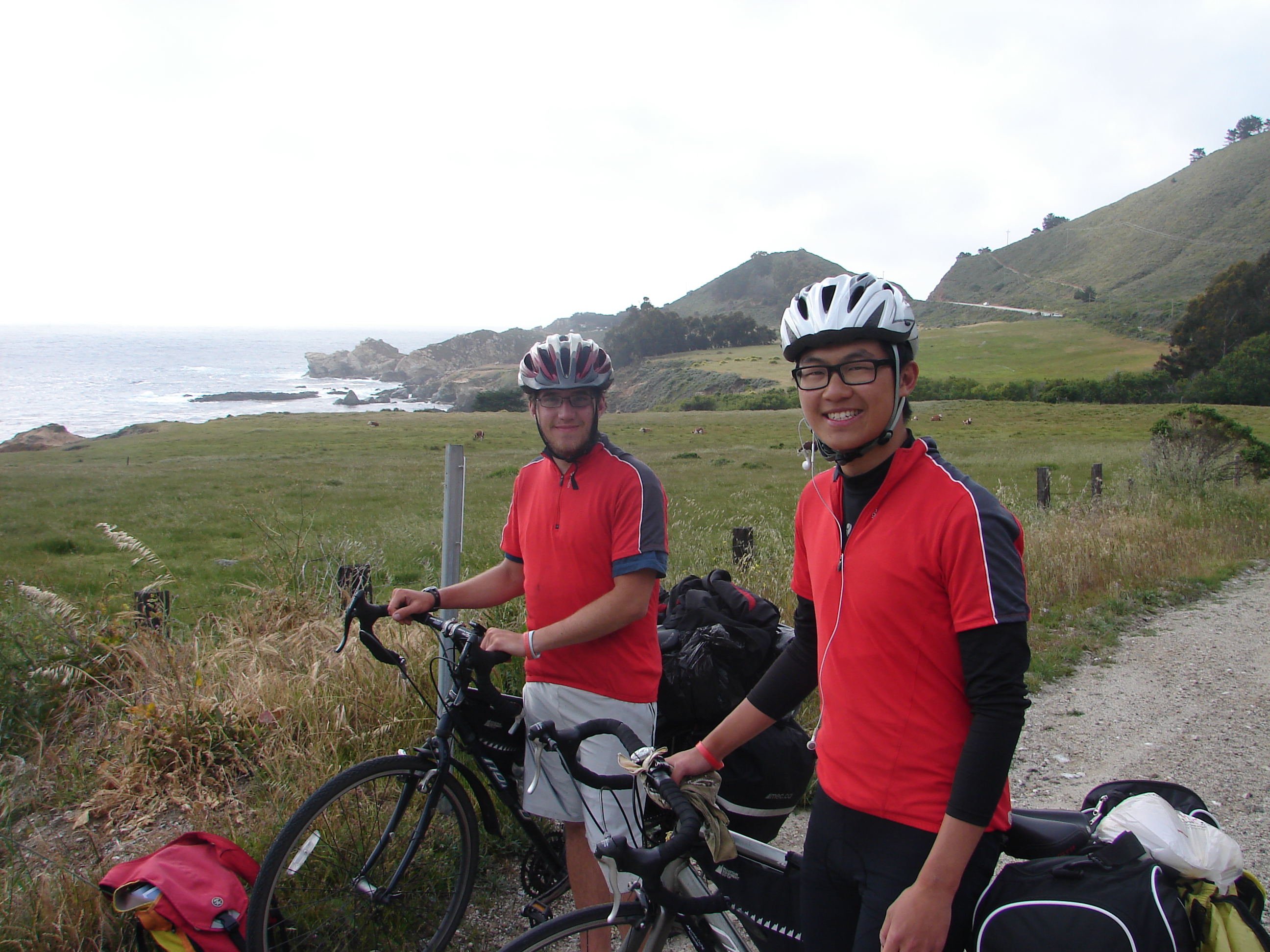

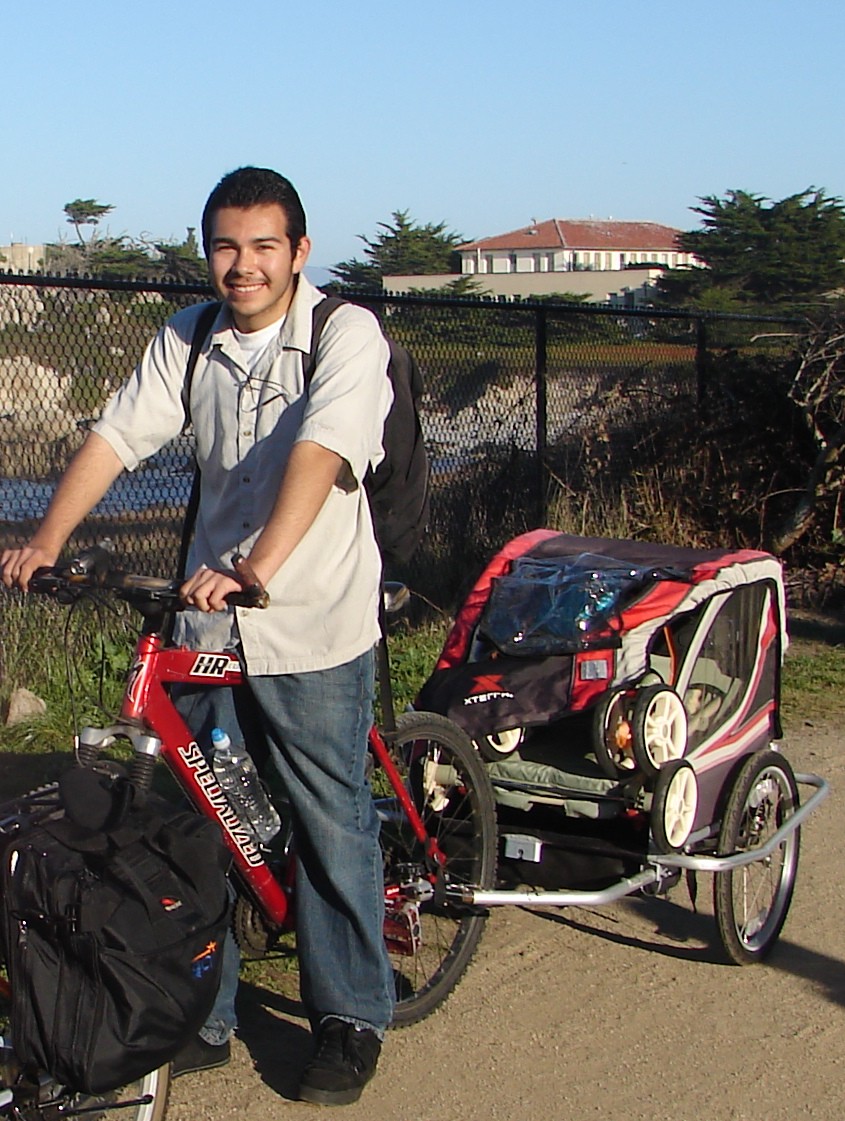
Since these are the locations the outdoor recreation industry’s customers go to recreate, the degradation of those environments will and already does have an effect on their businesses. People can’t go camping in the Sierras, for example, if there is a three-month wildfire smoke season each year. People won’t want to go surfing if the ocean is polluted. On top of the multitude of other reasons for reducing the impacts of climate change, doing so is simply good for business!
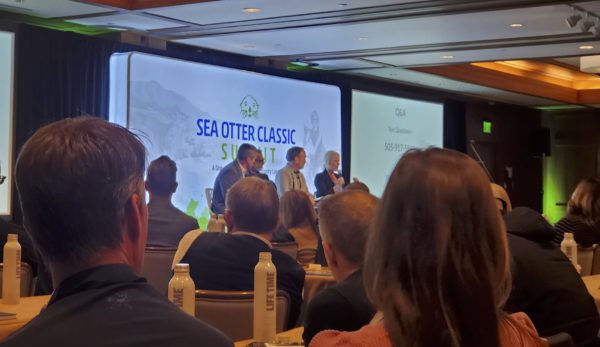
Photo by Amanda Preece for Bicycling Monterey
“Think globally, act locally.”
I was really inspired to get in touch with REI to coordinate more climate action events and outreach activities within the local area. This seems a great opportunity to organize for new climate actions, in partnership with the outdoor industry.
—Amanda Preece
Sea Otter Classic on this site: https://bikemonterey.org/category/bike-monterey-county/events/sea-otter-classic
This post was published on 7 April 2022. One or more changes last made to this post on 9 April 2022.

